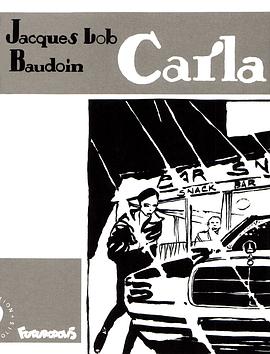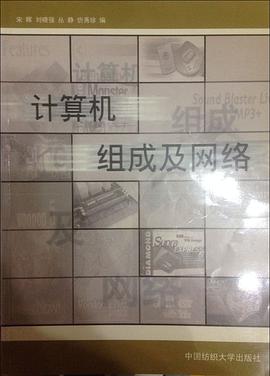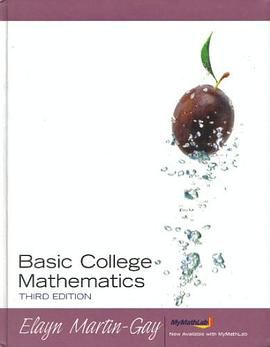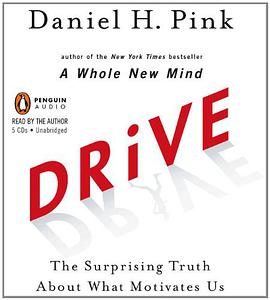

具体描述
<DIV>Dušan Makavejev is a filmmaker, teacher, and intellectual whose films intersect with major historical and political upheavals in Eastern Europe—World War II, the unification and breakup of Yugoslavia, and the fall of communism. Subversive and moving, his films remain touchstones for transcultural and political cinema. Matching the intensity of the films, Lorraine Mortimer takes a radically interdisciplinary approach in this first book-length critical analysis of Makavejev’s work.
Studies in contrasts, Makavejev’s films combine documentary and fiction, tragedy and comedy. Mortimer examines seven of his films made between 1965 and 1994—including Montenegro (1981), Sweet Movie (1974), and WR: Mysteries of the Organism (1971)—looking at them historically, politically, and aesthetically and highlighting their implications for the contemporary world.
Both Makavejev’s films and Mortimer’s scrutiny of them are haunted by the specter of apocalyptic revolutionary movements that sacrifice people and the planet in the name of ideologies and idealisms. Mortimer argues that the aesthetic dimension is vital to our conception of old and new tribalisms and, ultimately, our understanding of being in the world.</DIV>
作者简介
目录信息
读后感
评分
评分
评分
评分
用户评价
相关图书
本站所有内容均为互联网搜索引擎提供的公开搜索信息,本站不存储任何数据与内容,任何内容与数据均与本站无关,如有需要请联系相关搜索引擎包括但不限于百度,google,bing,sogou 等
© 2025 book.wenda123.org All Rights Reserved. 图书目录大全 版权所有




















